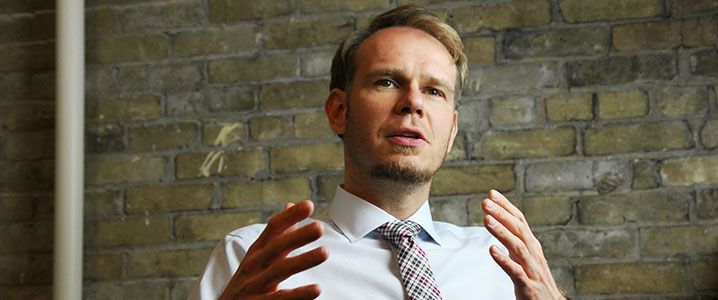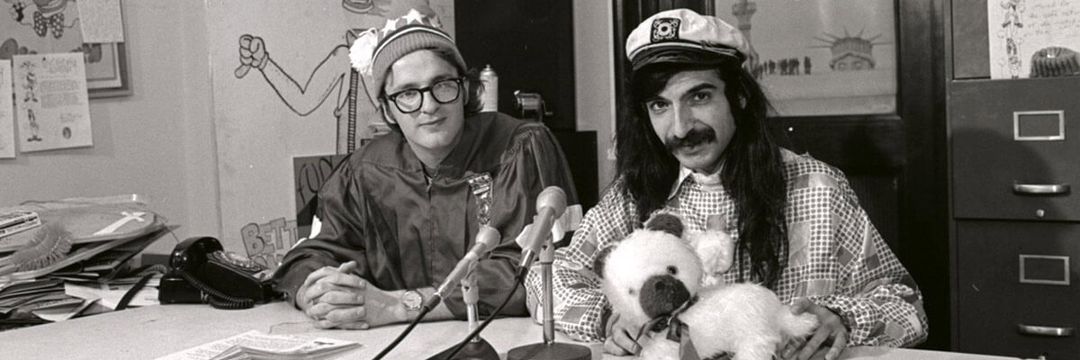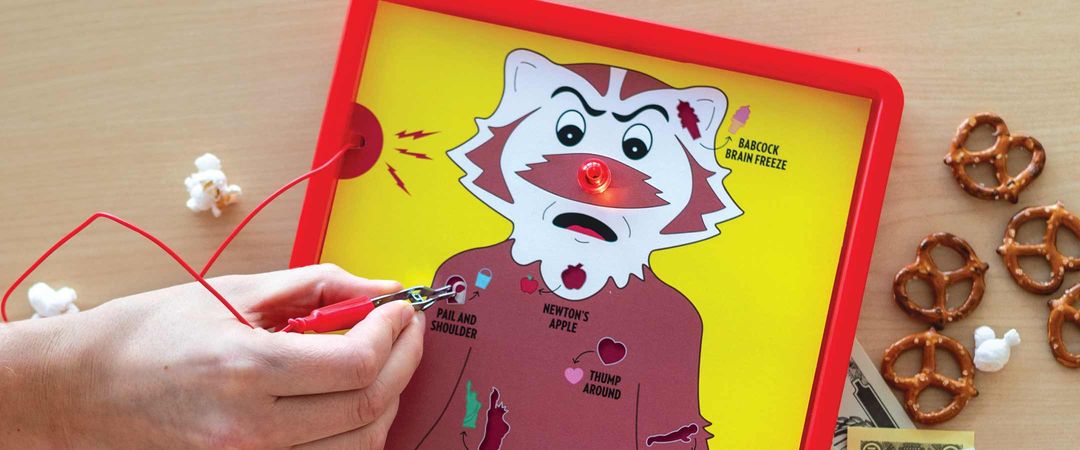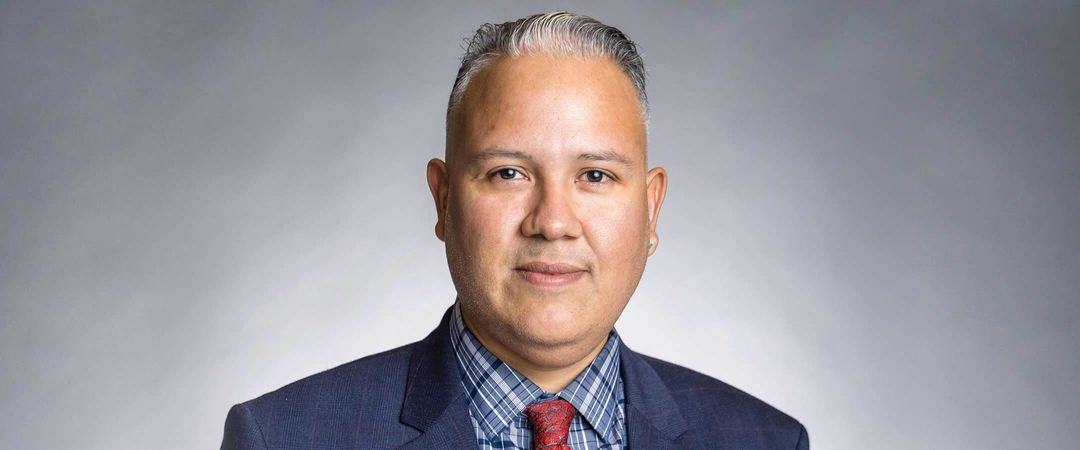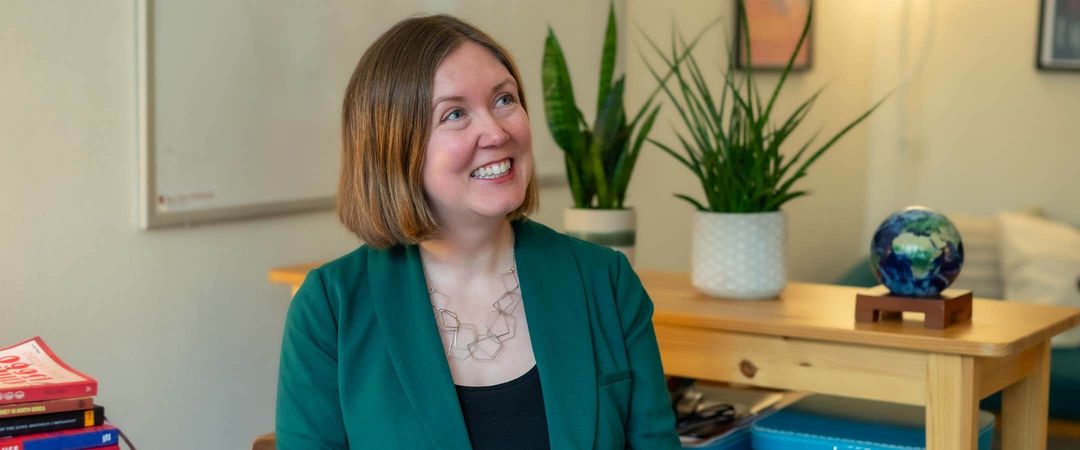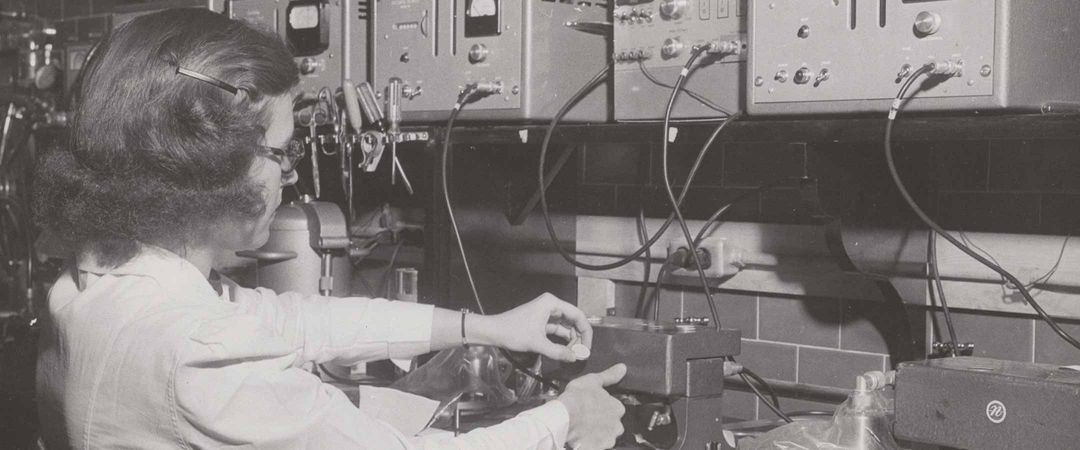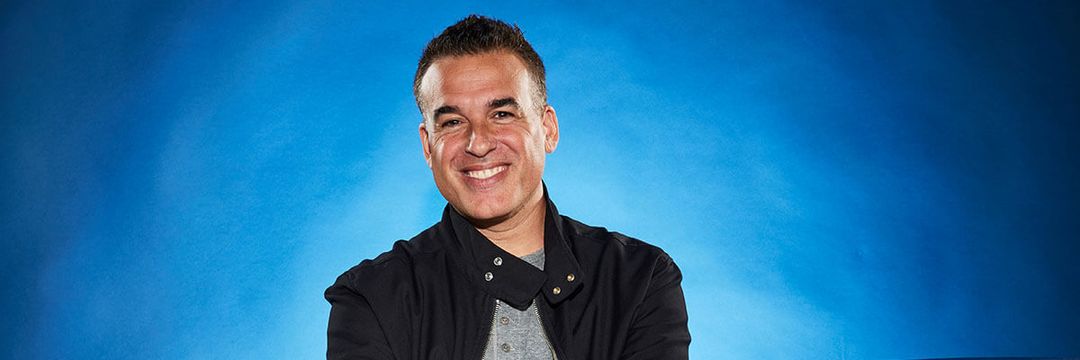Your Fall 2020 Assigned Readings
Read
- American Psycho (1991) by Bret Easton Ellis
- “How Not to Lose the COVID-19 Communication War” (2020) by Dietram A. Scheufele, Nicole M. Krause, Isabelle Freiling, and Dominique Brossard
- The Last Night of the Earth Poems (2002) by Charles Bukowski
- The Rise of Big Data Policing (2017) by [Andrew Guthrie] Ferguson
Watch
Listen
When Dietram Scheufele MA’97, PhD’99 hopped off the plane at Dane County Regional Airport, he was just a visiting student, studying communications, with every intention of returning to Germany. But after falling in love with the UW, he accepted a teaching assistantship that saw him through his master’s and doctoral studies. Today, he’s not only a professor in the Department of Life Sciences Communications, but he also holds multiple appointments across campus. Originally from the field of political communication, he now examines questions like: Why might people engage with science? How do they make sense of a new technology? In recent months, those questions have extended to topics such as artificial intelligence (AI) and policing, government overreach, and COVID-19 misinformation. His classes — particularly LSC 251: Science, Media, and Society — change constantly to explore what’s happening in the zeitgeist. When the spring 2020 semester suddenly went online, Scheufele was about as prepared as anyone could have been. Five years earlier, he’d received a grant to convert his 251 class to online instruction for the summer session. “But there’s always stuff you wouldn’t think about,” he says, noting the digital divide and internet access, ADA compliancy, and more. But Badgers, he says, “have that sifting and winnowing infrastructure” in their brains. “No matter what the new problem is, you have a way of working through it. This is why a UW degree is still going to be valuable 20 years from now when the world will look completely different.”
What are some of your favorite assigned readings for your classes?
A lot of the stuff that I assign is a little bit controversial, that maybe violates expectations a little bit or rattles people’s cages. We watch a movie at the beginning of class [about] anticipatory policing … that basically shows how AI policing is particularly affecting communities of color. It’s called Pre-Crime — it’s done by a German filmmaker. And then of course, a lot of [assigned readings are] work that our students are doing. At Wisconsin, that’s one of the things that’s really deep in our DNA. Research feeds back into the classroom, and whatever the discussions are in class are going to help the research become better. I learn as much now as a faculty member as I did as a student at UW–Madison.
What are you currently reading, listening to, or watching?
I’m reading [Charles] Bukowski poetry right now, The Last Night of the Earth Poems. The book that I’m just starting is The Rise of Big Data Policing by [Andrew Guthrie] Ferguson. And then I’m a big fan of Left, Right, and Center, an NPR podcast, and basically what they’re saying is every issue can be approached from the left, from the right, or from the center. It’s almost like you turn down the volume on the world and separate the signal from the noise.
What is the one thing that you think everyone in the world should read?
That’s a really interesting question. I’m not sure there is such a thing. I’m a big believer that most things that we believe and hold sacred are not held sacred somewhere else. You should always read stuff that pisses you off, that rattles your cage, that you fundamentally disagree with, because that is where our problem is. We’re not taking the perspective of those that we’re either trying to convince or are trying to convince us.
What’s something you keep meaning to get around to watching or reading?
One thing I want to go back to reread is American Psycho. When Bret Easton Ellis wrote it, it was this commentary on Reagan deregulation and a society [where] people get ahead by the most brutal methods. We might be seeing some parallels to the Reagan ’80s, and I need to reread that book with that in mind.
What are some of your favorite things you’ve written, or are writing?
One of the more fun things that we’ve written is “How Not to Lose the COVID-19 Communication War” (Issues in Science and Technology, April 2020). It was written with my department chair, one of our super smart doctoral students, and a visiting Fulbright researcher from Germany. That’s really what UW is, right? Brilliant students, great colleagues, and a lot of international visitors that make us even broader and more inclusive in our outlook. [But also,] we’re making an argument that’s trying to change the broader conversation. Again, something that, for me, is what Wisconsin is all about. We’re leading the conversation; we’re setting the agenda for the conversation. We’re not just contributing. This sounds sappier than it’s meant to be, but I think ultimately, the biggest impact that we’re having is by training the next generation. I’m much more interested in reading what my students are writing, who are now professors. To some degree, that to me is more interesting.
